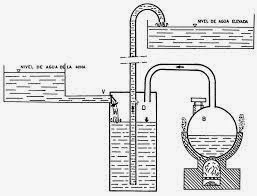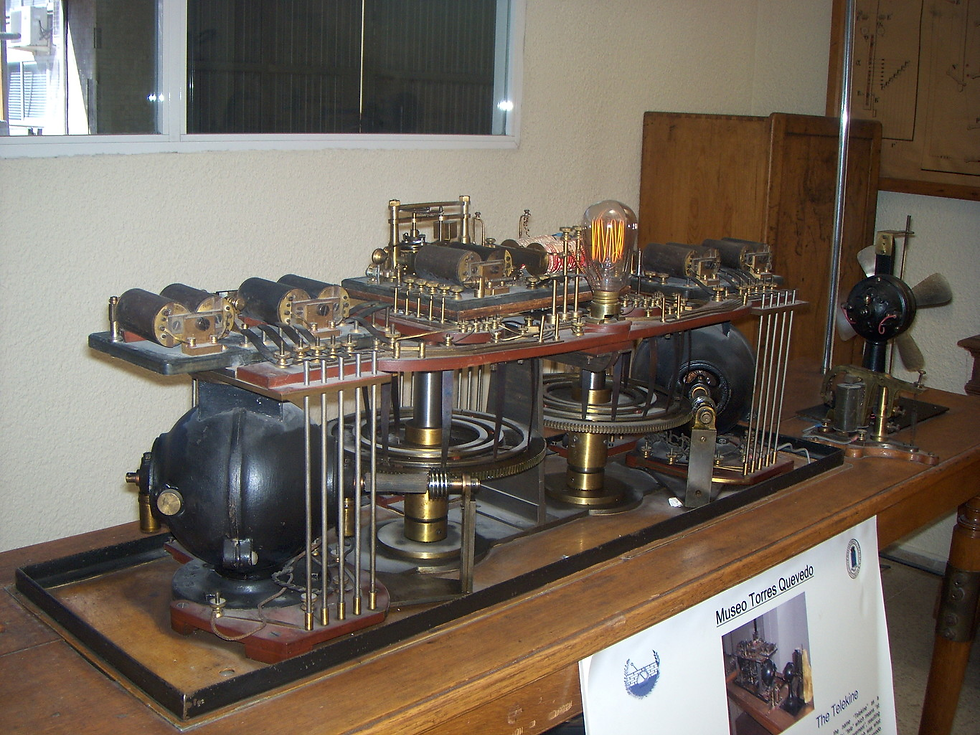Did you know these Spanish inventions?
- María Molina

- Oct 12, 2024
- 2 min read
It is very possible that you do not know that these inventions are Spanish.
STEAM ENGINE
It was registered in 1606 by the Spanish military and politician Jerónimo de Ayanz y Beaumont. He not only patented it, but also applied it to propel the water accumulated in the mines through a pipe, taking it outside in a continuous flow.
NIAGARA CABLE CAR
On August 8, 1916, the first passenger cable car in North America was inaugurated in Niagara, the “Niagara Spanish Aerocar”, built by a Spanish company, according to the design of a Spanish engineer: Leonardo Torres Quevedo.
REMOTE CONTROL
In 1903, Leonardo Torres Quevedo conceived, built and patented the first remote control in history. He called it Telekino and its use was to control airships without endangering anyone in the tests, but eventually he also tested it with boats.
ELECTRIC SUBMARINE
The Spanish military man Isaac Peral became, in 1888, the inventor of the first battery-powered submarine.
AUTOGYRO
Juan de la Cierva y Codorníu (was a Spanish engineer, aviator and politician, inventor of the autogyro in 1917, a precursor of the helicopter.
MINIPIMER
Its inventor was Gabriel Lluelles in 1959. From the beginning the minipimer became very popular, so the German company Braun did not hesitate to buy the rights and distribute it all over the continent.
CHUPA CHUPS
In this list, the Chupa Chups stand out for being one of the simplest inventions, but also one of the most viral. Its origin dates back to 1959 thanks to Enric Bernat, a baker and confectioner from Barcelona. By the way, the logo of the brand was designed by Dalí.
SPACE SUIT
Emilio Herrera wanted to carry out a stratospheric flight at an altitude of more than 20,000 meters. This required a special suit for the pilot to withstand the cold and atmospheric pressure. Herrera used fabric, wool, glass and silver to make this prototype, which also had a microphone inside the helmet to allow radio communication. This special suit was the model used by NASA 30 years later to manufacture the suits for the astronauts who first set foot on the moon.













Comments